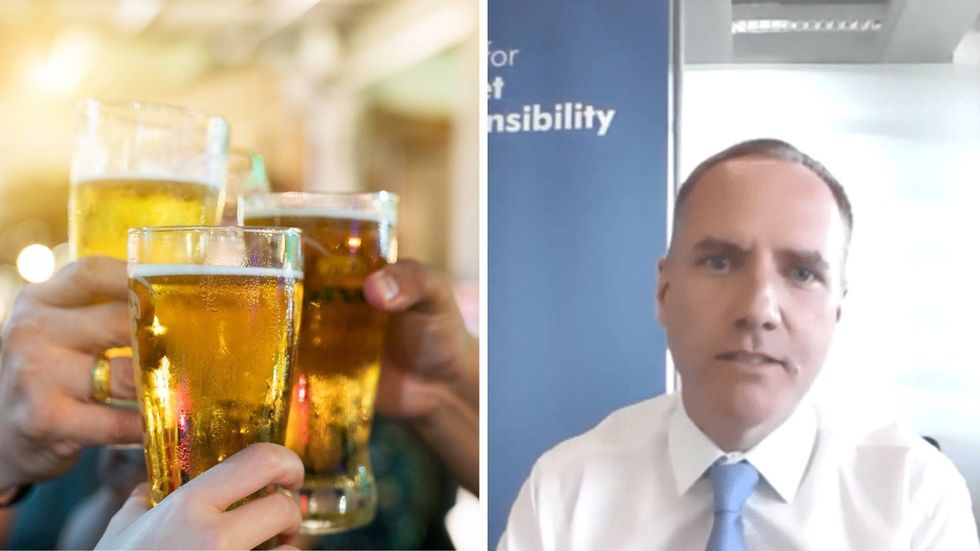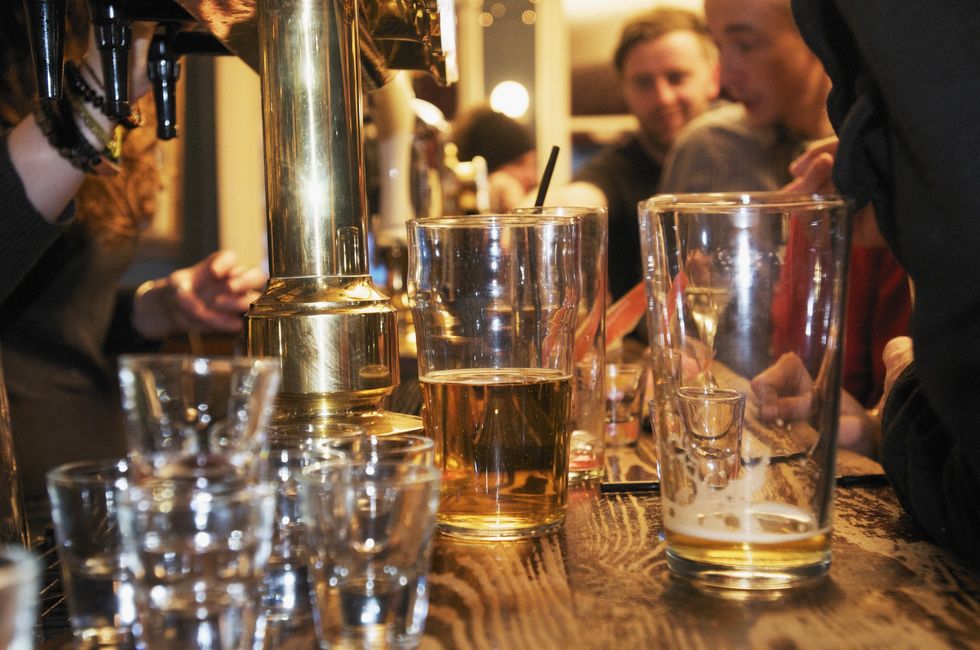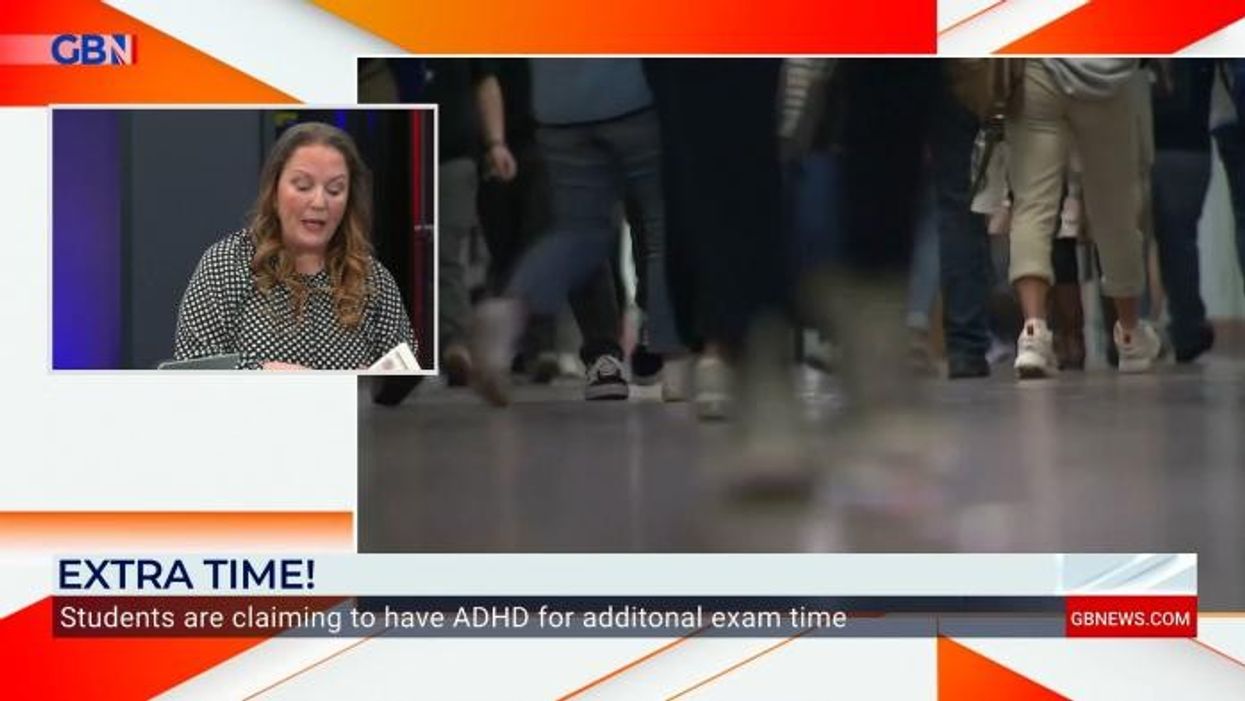Clean-living Gen Z threaten to create multi-billion pound 'sin tax' blackhole, OBR chief warns

A watchdog boss has challenged whether future tax income from 'sin taxes' are realistic
Don't Miss
Most Read
Sober, clean-living young people could leave the Treasury facing a blackhole in public finances with alcohol and tobacco tax income plummeting, a watchdog chief has warned.
Head of the Office for Budget Responsibility (OBR), Richard Hughes, has challenged whether future tax income from so-called "sin taxes" are realistic.
According to surveys from YouGov, around one-third of 18 to 24-year-olds do not drink alcohol.
Experts claim Generation Z avoid drinking in fear of the fallout on social media if they embarrass themselves while drunk.

Head of the Office for Budget Responsibility (OBR), Richard Hughes, has challenged whether future tax income from 'sin taxes' are realistic
|Getty/ OBR
"There are some bits of the tax system which are themselves not sustainable," Hughes told the House of Lords Economic Affairs Committee:
"In a few decades’ time we won’t collect any fuel duty because every car will be electric, and they don’t pay any fuel duty.
"Nowadays, you have to ask whether young people are drinking and smoking enough for us to be collecting alcohol and tobacco duties at the current rate that we are."
Government plans assume there will be higher incomes from sin taxes, particularly from drinking, to help balance the books.
LATEST DEVELOPMENTS:
This year's forecast predicts that alcohol duty will bring in £13billion - rising to more than £17billion in 2028-29.
A reduction in the level of tax collected could ultimately leave a hole in public finances.
Similarly, the number of smokers in Britain has also declined as Rishi Sunak pushes ahead with plans to ban smoking for the next generation.
The Government's estimated alcohol tax has already been slashed because of lower demand for booze but predicted a recovery in revenues in future.

The Government's estimated alcohol tax has already been slashed because of lower demand for booze, but predicted a recovery in revenues in future
|Getty
In the past, the Treasury has increased duties in response to the falling number of smokers, however the OBR has said "the impact from the higher duty rate is no longer sufficient to offset declining consumption".
Tax income from smokers is set to drop from £9.4billion last year to £8.9billion this year and to £8.7billion by the end of the decade.
Hughes' concerns come as future Governments will also struggle with fuel duty and car tax amid a shift to electric vehicles.








